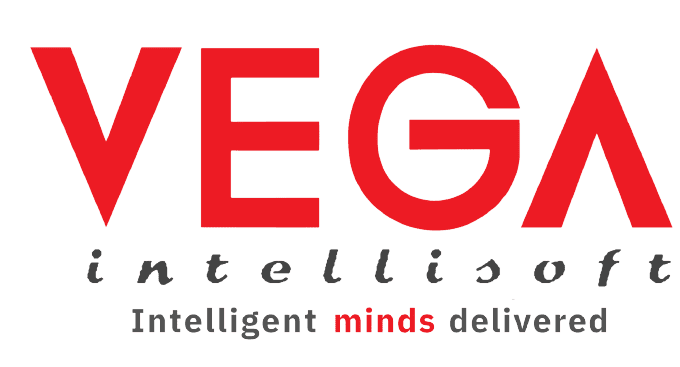Blog Details
- Home
- Blog Details

How Automation Will Revolutionize The Recruitment
Industry
September 16, 2023
Recruitment has always been a critical aspect of any business’s success. Finding the right talent has long been a complex and time-consuming process for HR professionals. However, with the rapid advancement of technology, automation is set to change the recruiting game in ways we could have never imagined.
In this blog, we will explore the transformative impact of automation on the recruitment agency, supported by facts and figures that highlight the potential benefits and challenges.
In this blog, we will explore the transformative impact of automation on the recruitment agency, supported by facts and figures that highlight the potential benefits and challenges.
1. Streamlining Candidate Sourcing
Automation can significantly streamline the candidate sourcing process by leveraging artificial intelligence (AI) to match job descriptions with potential candidates. AI-powered tools like applicant tracking systems (ATS) can automatically scan resumes, analyze keywords, and assess qualifications, saving recruiters valuable time. According to a study by Jobvite, 67% of recruiters believe that AI has improved their ability to find and hire candidates.2. Enhancing Candidate Engagement
One of the challenges in traditional recruitment firms is keeping candidates engaged throughout the hiring process. Automation can provide personalized and timely updates to candidates, resulting in improved communication and a more positive candidate experience. In a survey conducted by Ideal, 76% of candidates said that personalized communication during the hiring process would make a considerable difference in their decision to accept an offer.3. Eliminating Bias In Hiring
Unconscious bias in hiring has been a longstanding concern for recruiters. Automation has the potential to minimize human biases by focusing solely on a candidate’s qualifications and skills. According to Harvard Business Review, using AI in the hiring process can lead to a 20% increase in diversity among hires.4. Improving Efficiency And Time-To-Hire
The recruitment process can often be lengthy, leading to potential talent loss and increased costs. Automation can expedite the hiring process by automating repetitive tasks, reducing the time-to-hire significantly. A study by Deloitte found that companies using AI in their recruitment process experienced a 58% reduction in time-to-fill positions.5. Enhancing Candidate Assessment
AI-driven pre-employment assessments can help recruiters gauge a candidate’s skills and suitability for a position more accurately. These assessments can analyze a candidate’s responses and predict job performance with a high degree of accuracy. A study by SHRM found that 70% of HR professionals consider assessments to be very effective in identifying high-quality candidates.
Tag Post :
Recent posts
Grow Your Career Today
Our Deep pool of over 500 IT professionals work in fortune companies and MNCs who have a global foot print.













